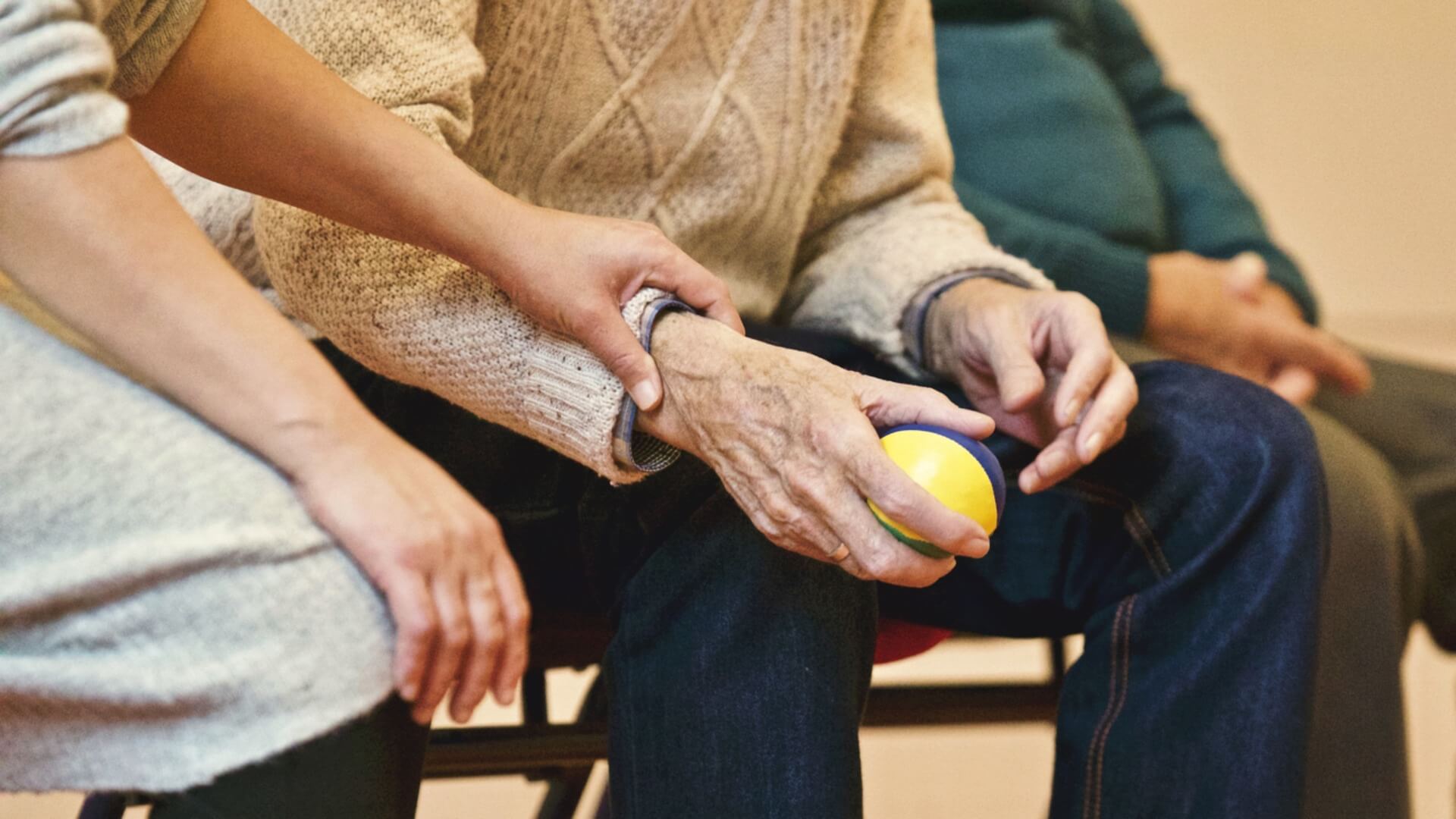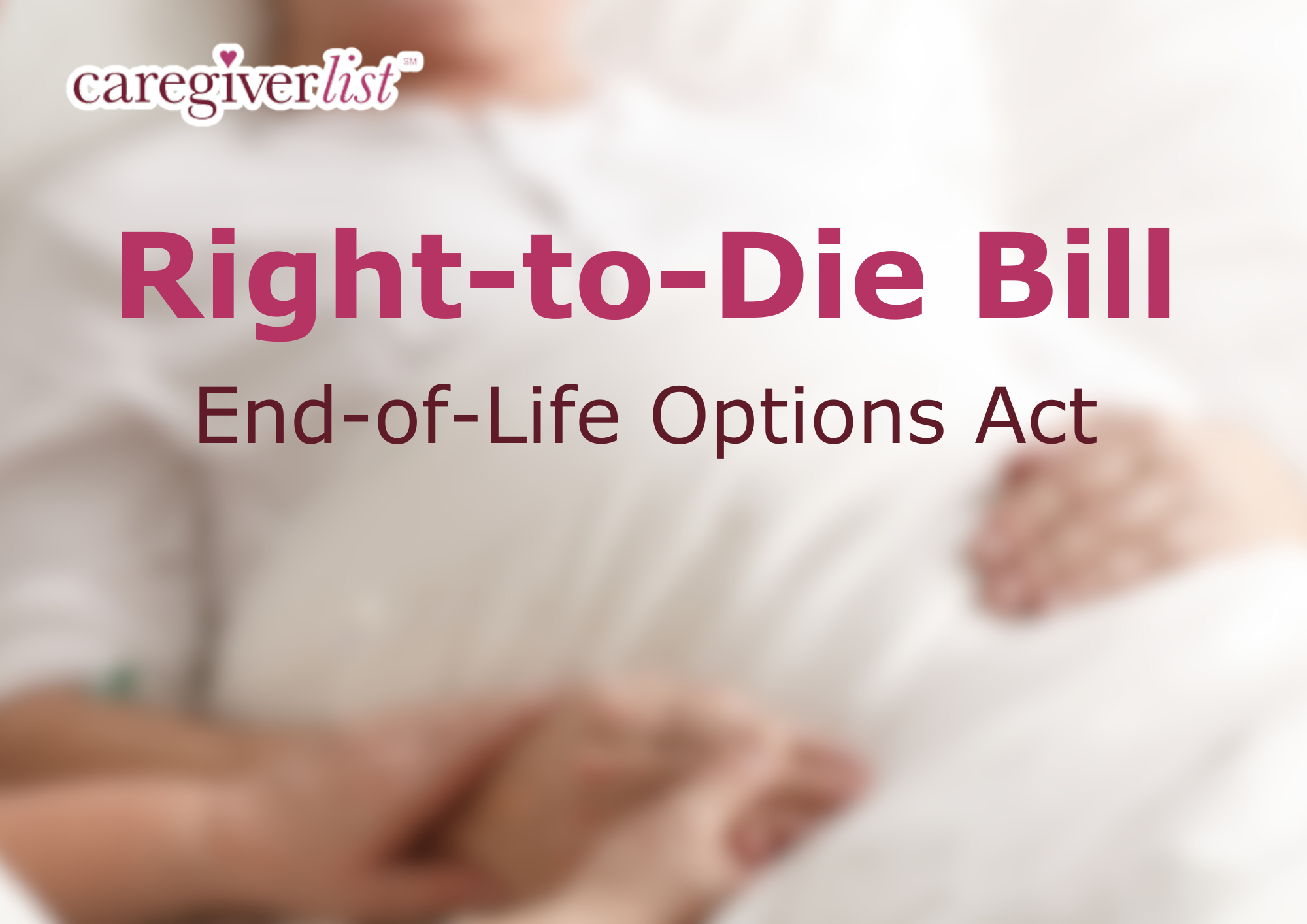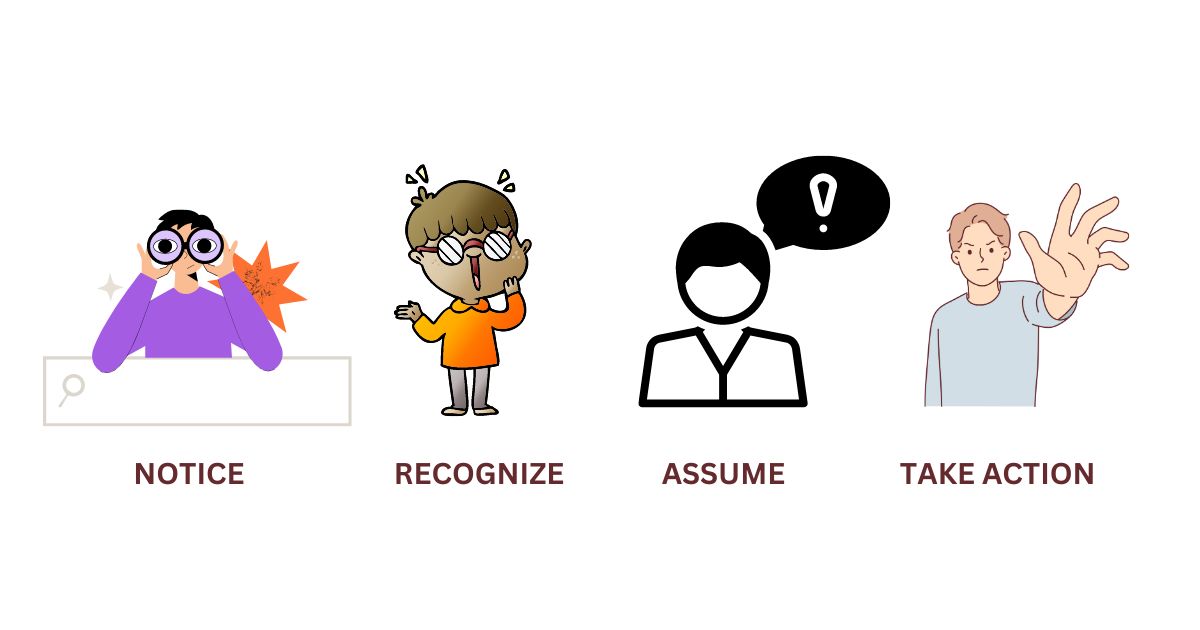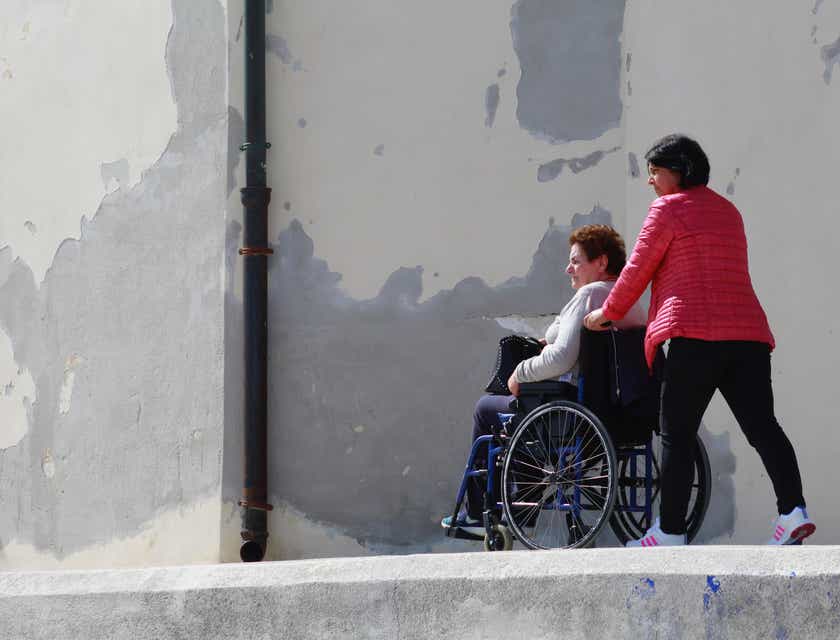The world lost a comedic genius earlier this week when Robin Williams was found in his home in California, dead of an apparent suicide. It’s been reported that Mr. Williams had been battling severe depression as of late. When I heard the sad news I thought, Here’s a man who had everything—wealth, fame, the love of a good family, the adoration of the world. How could someone who had so much decide to take his own life? And if his depression could drive him to commit such a final act, what chance do those with less—less money, fewer loved ones, failing health, have?
That’s the misinformation we as a nation have about depression—that it’s a choice, a moral failing. But depression is a disease, like cancer or heart disease. Although some seniors will have battled depression all their lives, many experience their first onset late in life, in their 80s and 90s. And because depression is the primary risk factor in most suicides, left undiagnosed and untreated, the elderly are a high-risk demographic.
According to the National Institute of Mental Health (NIMH), older Americans comprise 13 percent of the population but account for 18 percent of all suicides. In the U.S., elderly white males, especially the old-old (over the age of 85), have the highest risk of suicide in the nation. In a fact sheet produced by the American Association of Suicidology, the 2010 suicide rate for these men was 47.33 per 100,000, or 2.37 times the current rate for men of all ages (19.94 per 100,000).
Not to be confused with normal (and relatively temporary) sadness and grief which can be caused by the loss of a loved one, changes in one’s environment, or deteriorating health, depression doesn’t go away by itself and needs professional intervention. In short, the senior needs treatment.
If you are a senior caregiver, be on the lookout for these signs of depression. Symptoms of depression in the elderly can include:
- memory problems and confusion
- social withdrawal and isolation
- loss of appetite, weight loss
- complaints of pain where there are no apparent physical causes
- inability to sleep
- irritability
- delusions or hallucinations
- also, heavy alcohol consumption is a known risk factor for depression and suicide.
Like many other diseases, depression is treatable and, according to experts, suicide can be prevented. If you suspect your senior loved one or elderly client shows signs of depression, the first step is to seek medical help. Some simple tests performed by their primary care physician can help determine a course of action to treat the disease and thereby, help prevent suicide. If more immediate action is needed, The National Suicide Prevention Lifeline at 1-800-273-TALK (1-800-273-8255) operates a 24-hour confidential suicide hotline.
We at Caregiverlist extend our sincere condolences to the family of Robin Williams, as well as to the families of all the victims of suicide. We can only hope that his passing will open the discussion of depression and suicide, help remove its stigma, and encourage sufferers to seek help.







